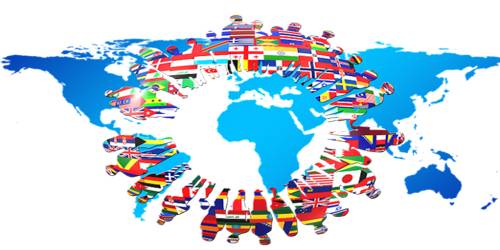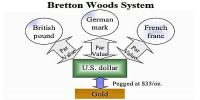Globalization is a process of interaction and integration among the people, companies, and governments of different nations, a process driven by international trade and investment and aided by information technology. This process has effects on the environment, on culture, on political systems, on economic development and prosperity; and on human physical well-being in societies around the world. It is the process by which businesses or other organizations develop international influence or start operating on an international scale. In economic terms, it describes an interdependence of nations around the globe fostered through free trade.
Globalization is not new, though. For thousands of years, people and, later, corporations have been buying from and selling to each other in lands at veal distances, such as through the famed Silk Road across Central Asia that connected China and Europe during the Middle Ages. Likewise, for centuries, people and corporations have invested in enterprises in other countries. In fact, many of the features of the current wave of globalization are similar to those prevailing before the outbreak of the First World War in 1914.
Globalization is not a new phenomenon. The world economy has become increasingly interdependent for a long time. However, in recent decades the process of globalization has accelerated; this is due to a variety of factors, but important ones include improved trade, increased labor, and capital mobility and improved technology. Its impact remains mixed for workers, cultures, and small businesses around the globe, in both developed and emerging nations.














